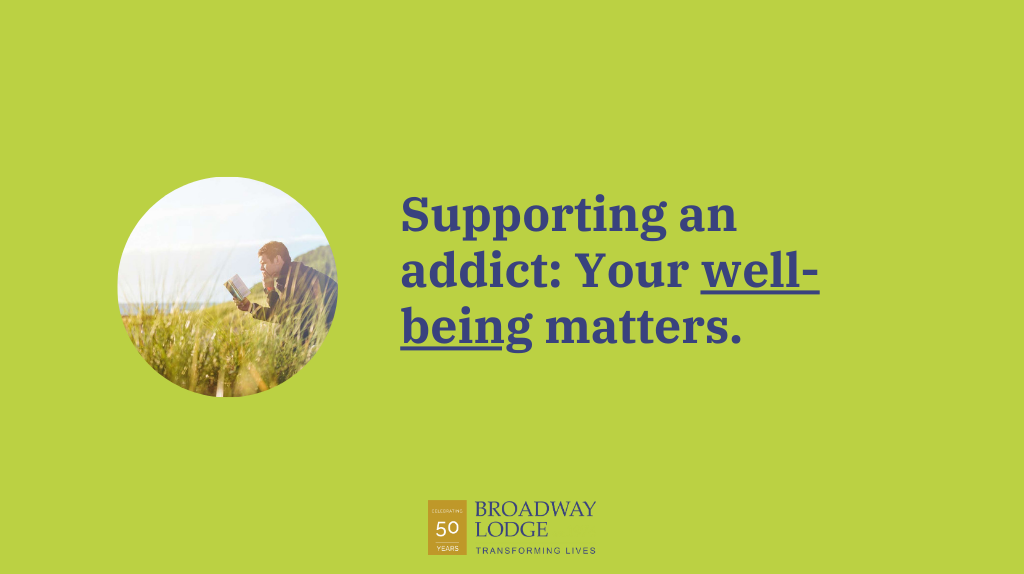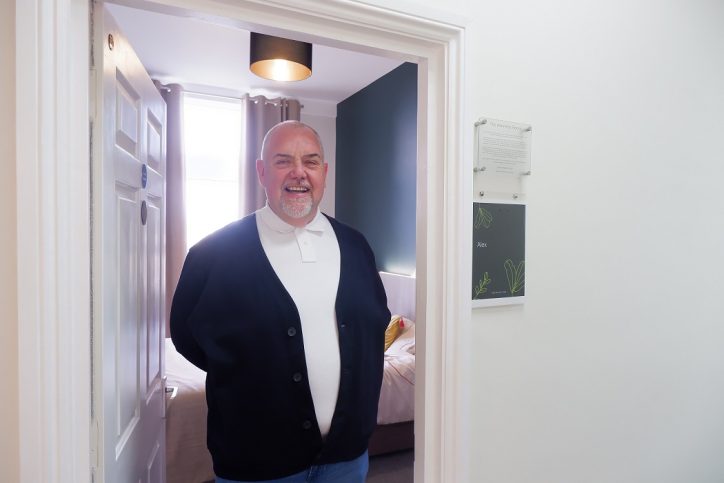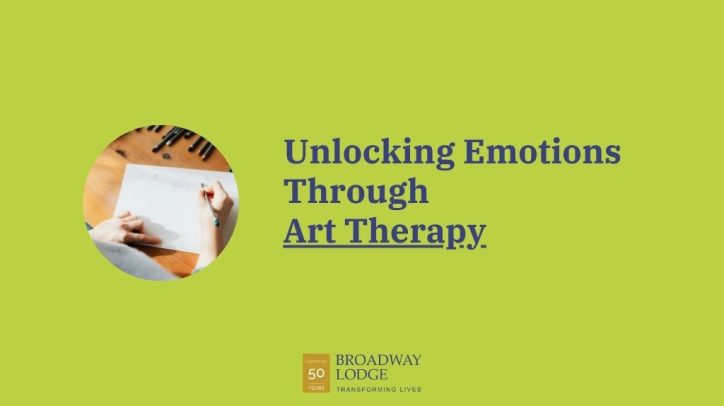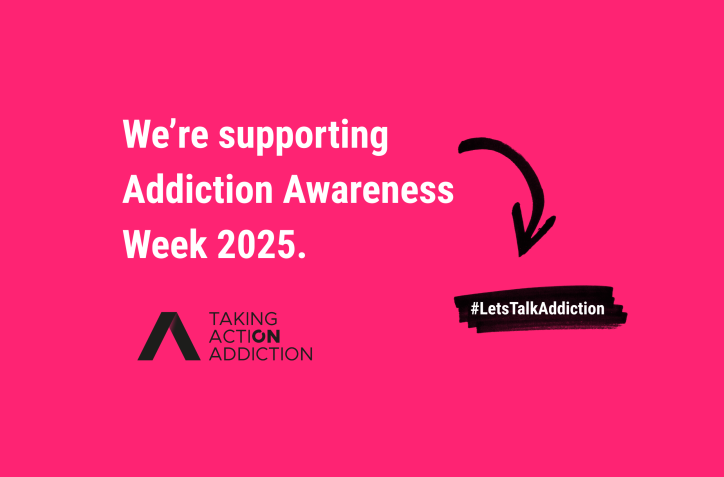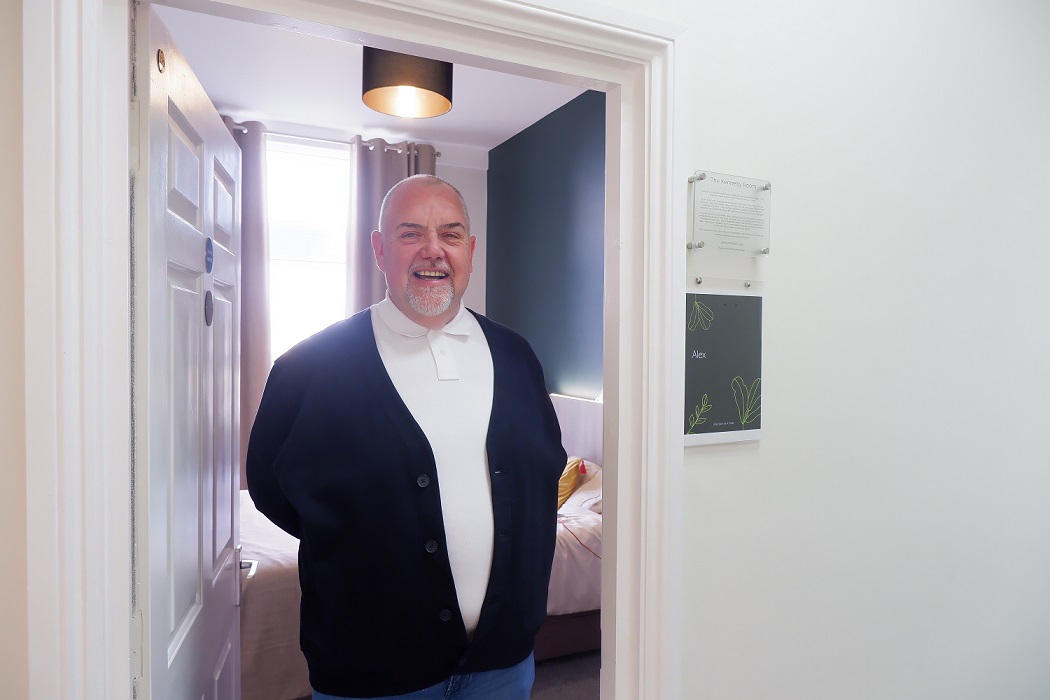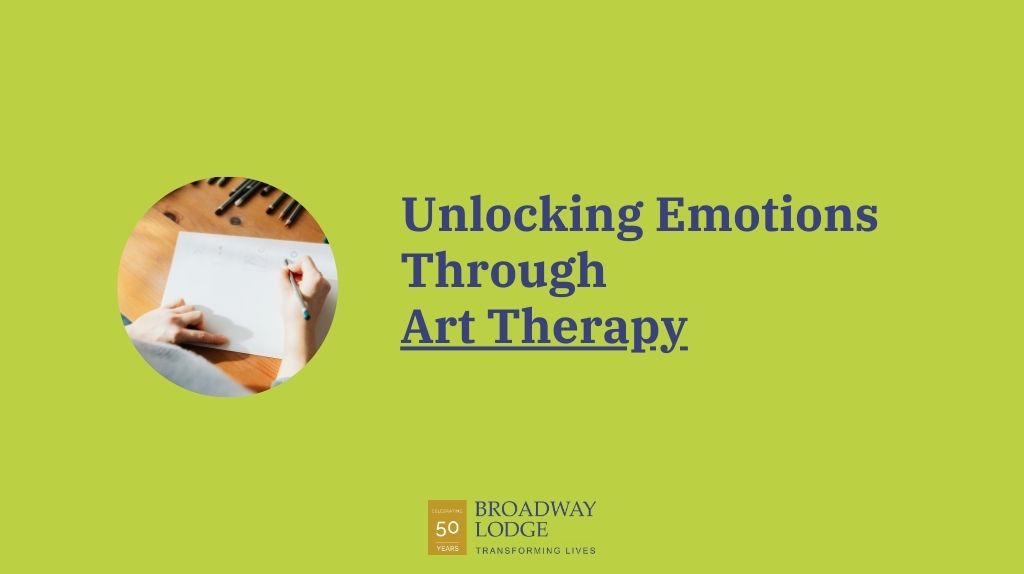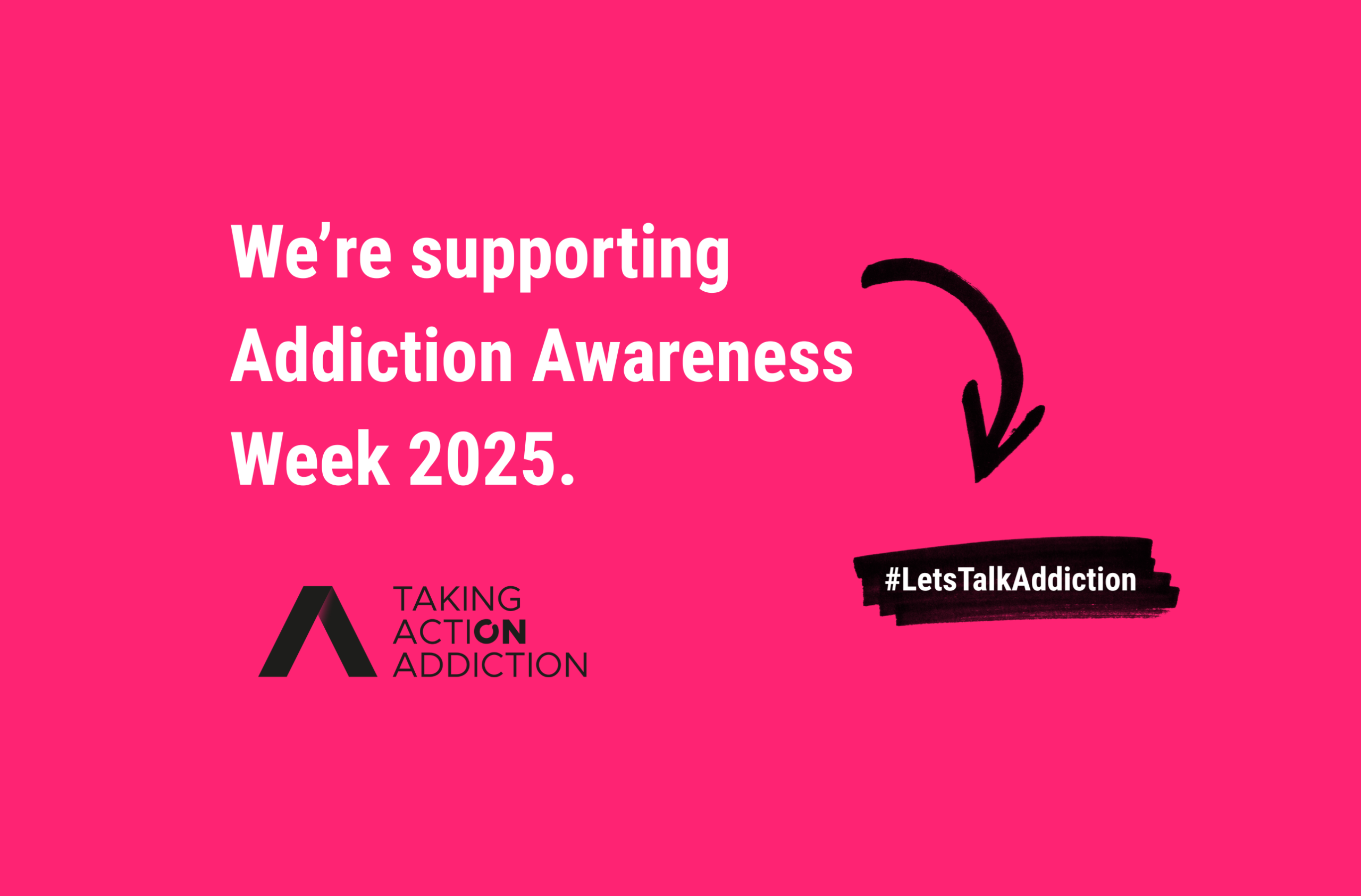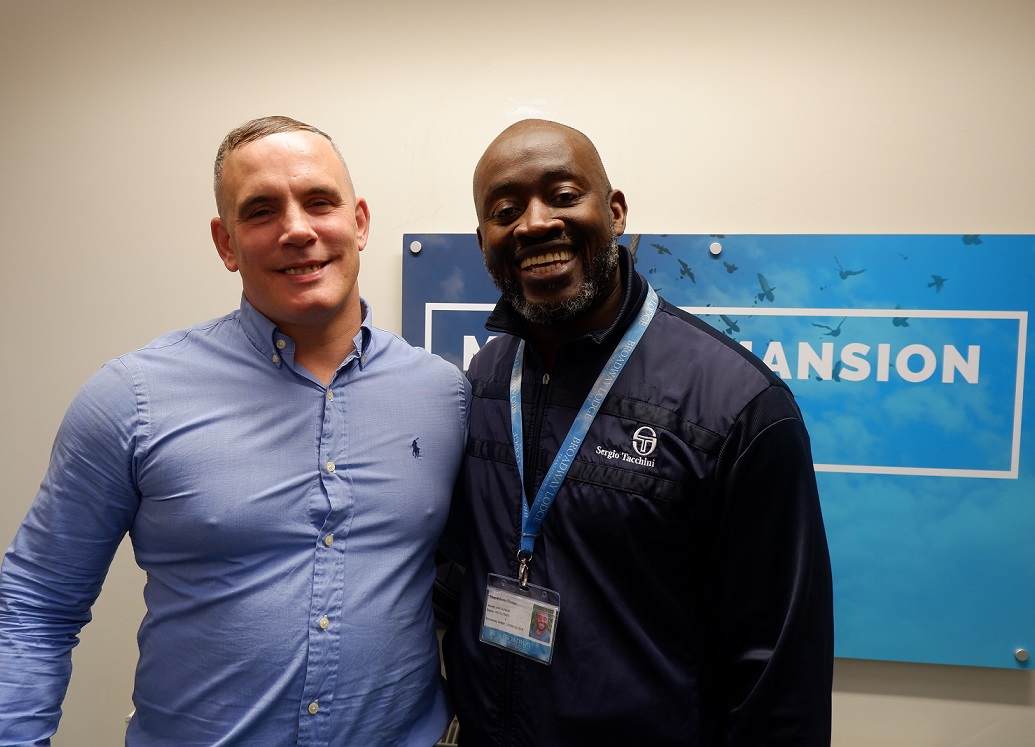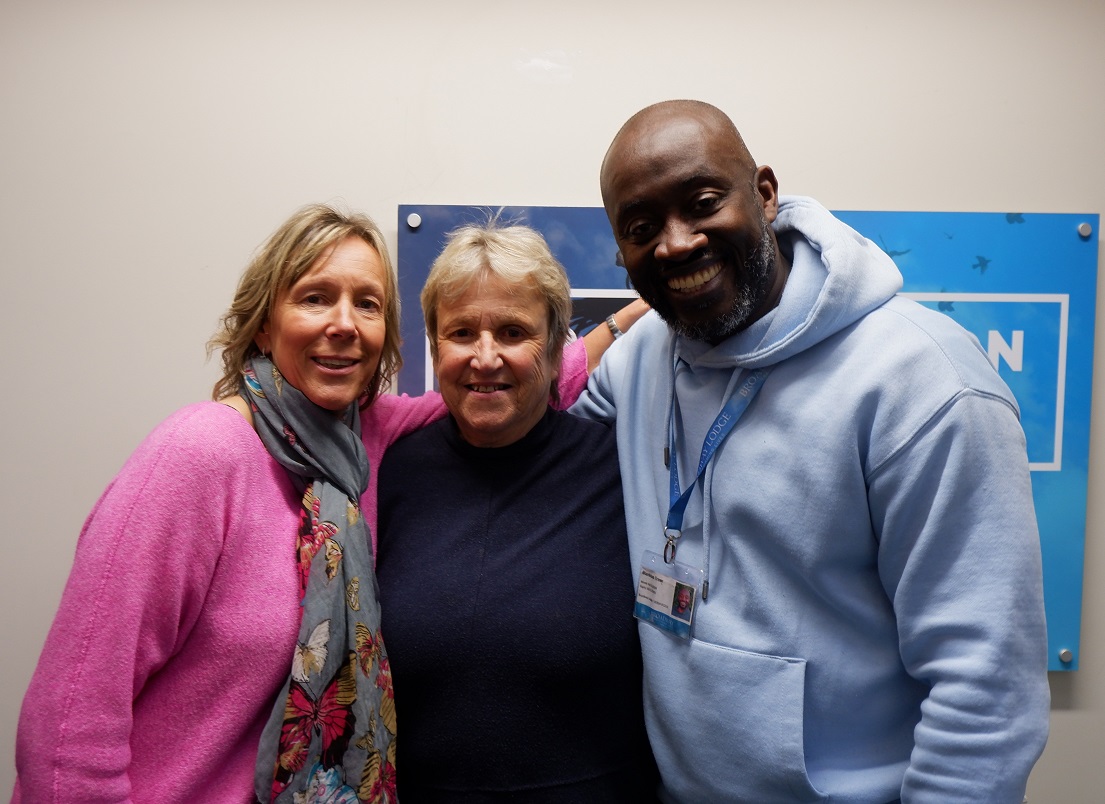Self-care is crucial for those supporting addicts to avoid burnout and emotional exhaustion.
Techniques like setting boundaries, seeking therapy, and practising mindfulness are recommended.
Supporting a loved one through addiction recovery is a challenging, often exhausting experience. While your primary focus may be on helping your friend or family member, it’s essential to remember that your own well-being matters too. Neglecting self-care can lead to burnout, emotional exhaustion and chronic stress, all of which can diminish your ability to provide effective support.
Why self-care matters
- Emotional resilience: Dealing with the ups and downs of supporting someone suffering with addiction requires emotional resilience. By taking care of your own mental health, you arm yourself with the strength needed to handle difficult situations.
- Physical health: Stress and anxiety can take a significant toll on your physical health, causing issues like headaches, insomnia and weakened immunity. Regular self-care helps mitigate these effects, keeping you healthier and more robust.
- Better support: When you’re mentally and physically well, you’re in a better position to offer meaningful, sustained support to your loved one. Your patience and empathy are enhanced when you’re not running on empty.
Tips for maintaining your own mental health
Set boundaries
Establish clear boundaries to protect your time and emotional energy. It’s okay to say no and take breaks when you need them. For examples on what boundaries you can set, see our recent post: “Examples of Boundary Setting for Those Supporting Loved Ones Recovering from Addiction”.
Seek professional help
Don’t hesitate to consult a mental health professional for guidance and support. Counselling can provide you with coping mechanisms to navigate challenges in your life and a safe space to express your feelings.
Engage in hobbies
Make time for activities you enjoy. Whether it’s reading, painting or going for a walk, engaging in hobbies can be a great way to recharge and make time for you.
Connect with others
Join support groups or online communities where you can share experiences and gain insights from others in similar situations. Human connection can be incredibly therapeutic and make the load feel lighter on your shoulders. Support groups specifically for people close to somebody with addiction include Families Anonymous and Al-Anon (for loved ones of an alcoholic). Additionally, your local drug and alcohol service may hold family support sessions so we would advise contacting them to find out about what they offer.
Practice mindfulness
Techniques like meditation, deep-breathing exercises and yoga can help you stay centred, reduce stress, and improve overall well-being. You may never have taken part in these activities before, but this is a great time to explore these very helpful practices that keep you calm and feeling well. You may find classes local to you but there are a wealth of resources online such as yoga videos on YouTube you can follow at home and guided meditations on streaming apps such as Spotify. There are also specific meditation apps designed to calm the mind, ease stress and promote relaxation (paid for and free).
Prioritise physical health
Maintain a balanced diet, exercise regularly and get enough sleep. Your body and mind are interconnected, and taking care of one supports the other. Sleep in particular should not be underestimated.
Educate yourself
Understanding addiction and its impacts can make you feel more in control and prepared to deal with various challenges. Knowledge can empower you and reduce feelings of helplessness.
- Our Online Family Programme: A great starting place would be to join one of our interactive, educational, supportive and enlightening Online Family Programme sessions. Counsellor Chrissy leads the day beginning with the educational elements where she explains various topics that could have been affecting you as a loved one, including co-dependency, the enabling cycle and the roles that loved ones can adopt and why they are so unhelpful to you and your wellbeing. Participants are able to ask Chrissy questions throughout and share their own challenges and experience to get professional advice from Chrissy and support from the other participants (there are normally no more than 8 – 10). By the end of the session you will gain invaluable insights and support to help your own wellbeing and to help you move forward. The Online Family Programme is held once a month on either the third or last Sunday of the month, 10am – 4.30pm. Find out more about the support we offer friends and family.
- Literature: There are some great books out there that are specifically for loved ones who are supporting those recovering from addiction, including:
- In The Realm of Hungry Ghosts by Gabor Mate
- Beautiful Boy by David Sheff
- Boundaries by Henry Cloud and John Townsend
- Don’t Forget Me. A lifeline of hope for those touched by substance abuse and addiction by Steve M Grant
- Codependent No More: How to stop controlling others and start caring for yourself by Melodie Beattie
- Mum, can you lend me twenty quid? What drugs did to my family by Elizabeth Burton-Phillips MBE
Taking care of a loved one struggling with addiction is a demanding role. Remember, you can’t pour from an empty cup. Prioritising your own self-care ensures that you’re not only looking after yourself but are also better equipped to support your loved ones through their recovery. If you’re looking for more guidance on supporting a loved one through addiction recovery then see our support for loved ones here which includes details about our one-day, educational and supportive Online Family Programme sessions.

